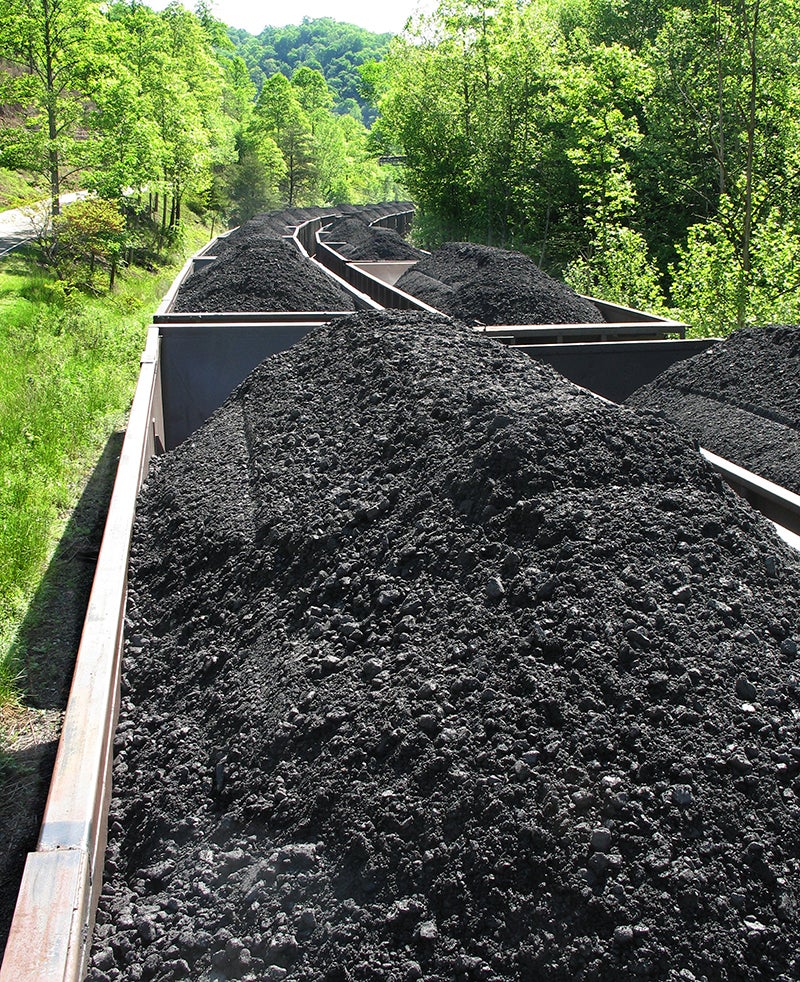Federal Court Delays Coal Project’s Lawsuit Against Washington State
Judge stays federal case on Millennium Bulk Terminals project until state court lawsuit is resolved
Contact
The coal industry’s attempt to overturn the Washington Department of Ecology’s denial of a water quality permit for the Millennium coal terminal — a massive coal shipping facility proposed on the banks of the Columbia River — is on hold until a similar case in state court is fully adjudicated.
Project developer Lighthouse Resources sued the state in 2017, alleging that the permit denial was preempted by federal railroad and port safety laws and violated constitutional provisions on interstate commerce and foreign trade. The Court narrowed the scope of the case several times, first dismissing all claims against the Washington Department of Natural Resources, then dismissing the federal preemption claims, and earlier this month dismissing the foreign affairs doctrine claims.
Late yesterday, the Court issued an order staying the remainder of the case — the claims arising under the Commerce Clause — until “after the state court proceedings [on the water quality permit denial] are concluded.” Last summer, the Pollution Control Hearings Board upheld Ecology’s denial of the water quality permit; Millennium’s appeal is currently being heard in Cowlitz County Superior Court.
Multiple state and local agencies have denied permits for Millennium, including the Department of Natural Resources and the Cowlitz County Hearing Examiner. Millennium has challenged those denials as well, in cases that are still active in the Washington Court of Appeals.
“Every dollar spent fighting this losing battle to turn back time is a dollar that could be invested in energy transition and new innovations,” said Montana rancher Steve Charter, who ranches above an underground coal mine and serves on the board of Northern Plains Resource Council. “Industry must accept that the lights are quickly dimming on coal, and it’s time to look towards the future.”
“This project would increase cancer risks in the nearby community, clog the Columbia River with dirty coal ships, pollute our air, harm tribal fishing access, and endanger water quality,” said Kristen Boyles, attorney with Earthjustice. “We’ll continue this fight to protect public health and the environment as long as necessary.”
“Building the largest coal export terminal in North America on the banks of the Columbia River would be devastating for clean water and the health of local communities,” said Regna Merritt, co-director of the Power Past Coal coalition. “It’s time to abandon this long-shot coal export scheme and start building a clean energy future in the Pacific Northwest.”
Earlier this week, President Trump signed an executive order that started a process to rewrite rules for implementation of the Clean Water Act and limit states’ abilities to protect the health of waterways from pollution from large industrial projects. This order is unlikely to impact the current legal fights but could imperil local communities’ rights to protect themselves against polluting industry in the future.

Additional Resources
About Earthjustice
Earthjustice is the premier nonprofit environmental law organization. We wield the power of law and the strength of partnership to protect people's health, to preserve magnificent places and wildlife, to advance clean energy, and to combat climate change. We are here because the earth needs a good lawyer.